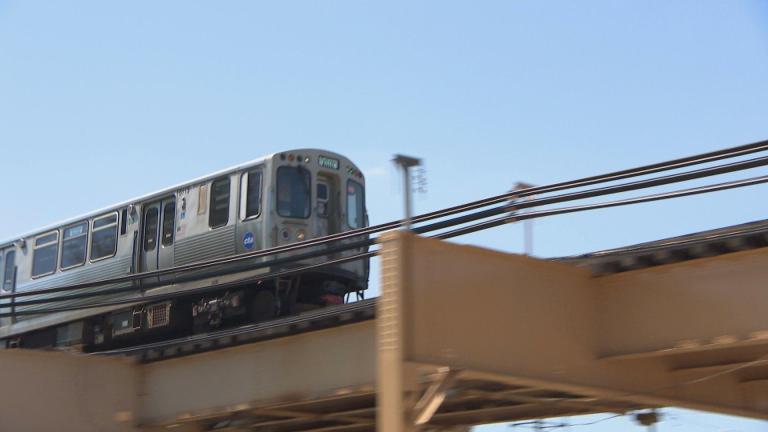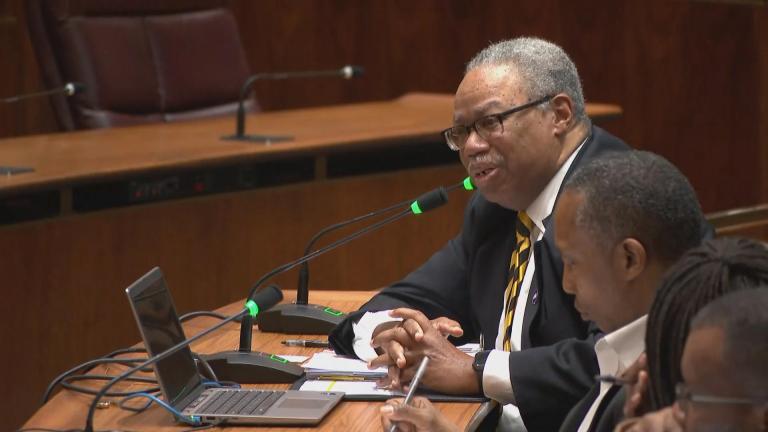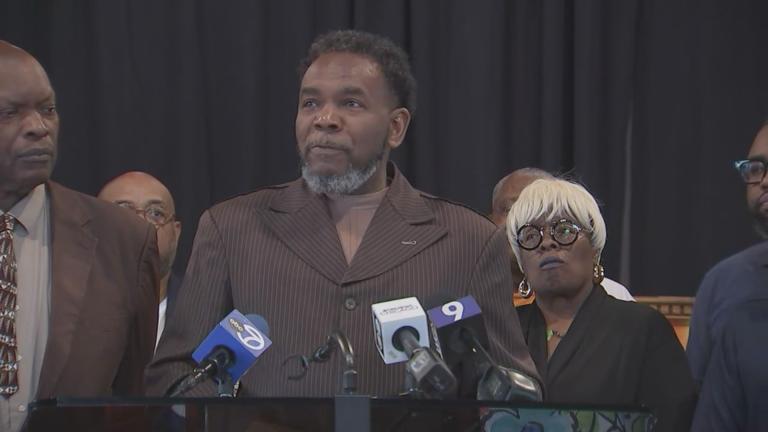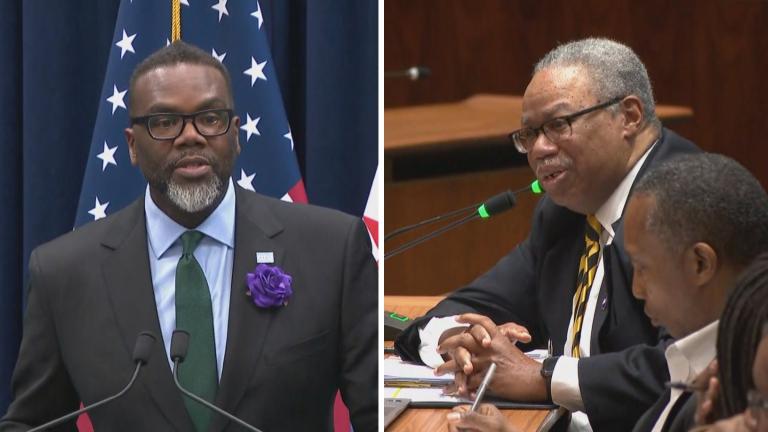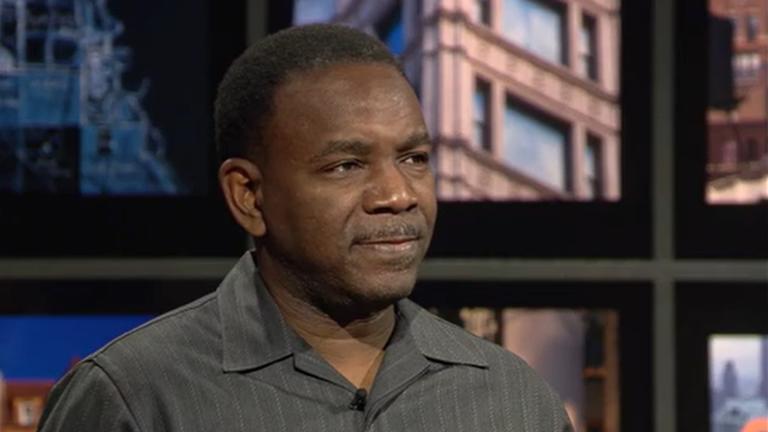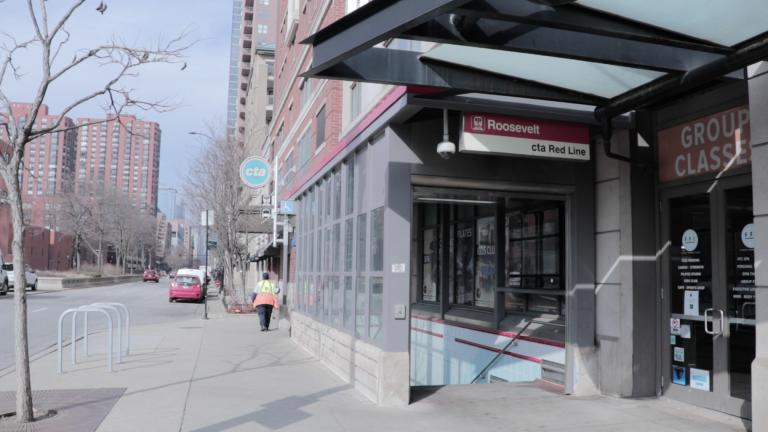Public transit is slowly getting back to normal, but the Chicago Transit Authority has acknowledged several significant problems facing the agency as it recovers from the aftermath of the pandemic.
In an appearance on “Chicago Tonight,” CTA President Dorval Carter said the agency is working closely with the Chicago Police Department to deploy additional resources to address crime concerns.
“Crime on CTA is relatively low … ” said Carter, “one crime is one too many, but as a statistical matter, you’re relatively safe on CTA.”
Carter said the CTA is also supplementing police forces with more than 200 unarmed security guards in an attempt to support customers and mitigate crime.
“I think it’s important that when we talk about safety that we don’t get overly reliant on police and security guards as ways to police and then ultimately criminalize people who we know are having issues,” said Leslé Honoré, managing director of strategy and communications for the Center for Neighborhood Technology and the Transportation Equity Network.
In response to such calls for decreasing police presence on trains, Carter said it is essential to combat criminal behavior, but also said that the CTA is developing plans with social service agencies to address issues of mental health and homelessness that also affect safety on trains and buses.
Regarding “ghost trains,” Carter said that the CTA will work on enhancing transit tracker technology, but attributed the problem to a workforce shortage that proved determinantal to the disparities between train and bus arrivals and transit trackers.
“We’re recruiting, we’re hiring, we’re operating special incentives,” said Carter. “We’re doing all the things that we can.”
According to Carter, the CTA has felt the impact of “The Great Resignation,” as well as employees retiring or being affected by variants of COVID-19, which has led to an increasing number of sick leaves.
On the other hand, transit union leaders have expressed frustration with the CTA’s recruitment process claiming that it is prolonged, on top of their claims that the CTA is discharging employees without hiring their replacements.
Carter refuted those claims, saying that the CTA is marketing its open positions and is actively collaborating with the union on job fairs, and that training programs are being filled with more trainees compared to pre-pandemic numbers. He also highlighted that issues of workforce shortages are prevalent in the transit industry across the country.
Regarding the infrastructure project to extend the Red Line to 130th Street, Carter said that a lot of progress has been made, but that tax increment financing (TIF) is necessary to provide non-federal funding for the project. According to Carter, the TIF, which was passed by the State Legislature, is dependent on Chicago City Council’s approval in order to supplement the $2 billion in federal funding.
In response to several aldermen questioning why the project shouldn’t entirely rely on federal funding instead of adopting a TIF, Carter said that a practical reality is that the federal government will not fund a project of that magnitude without a non-federal funding source to support a portion of it.
“We are maximizing as much as possible the amount of federal funding we can get to support the project,” said Carter.
“The far South Side of the city ... is the only portion of the entire city not to have rail service that supports it,” said Carter. “It’s something that is long overdue and it’s something that I think federal government is going to be more than willing to support when the time comes to write the check for us.”

